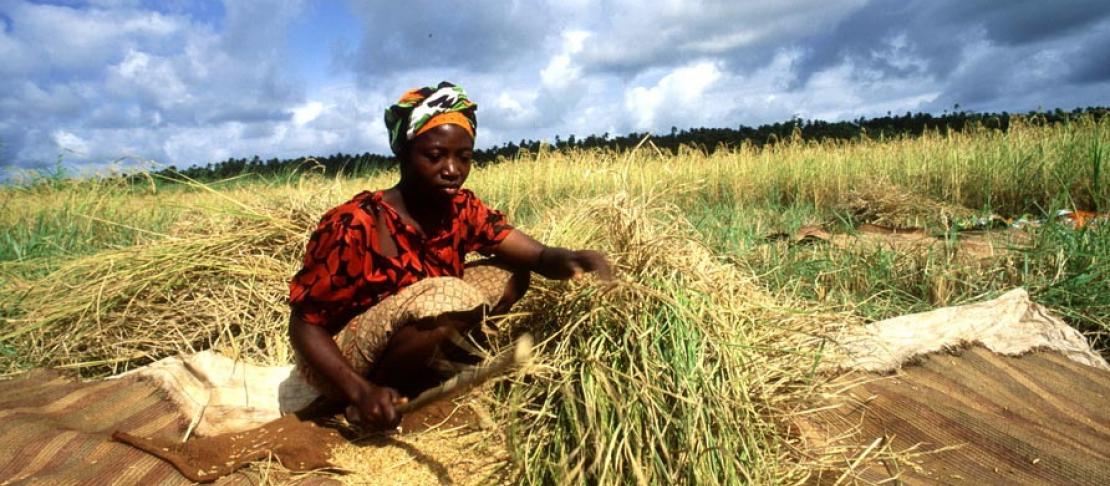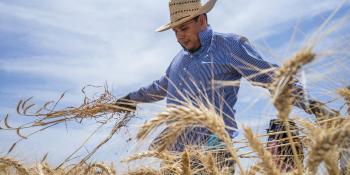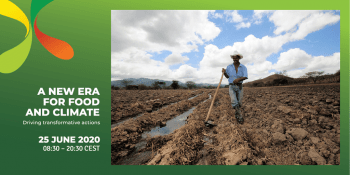IGAD Sectorial Users to Assess Tools for Drought Risk Management

Zanzibar, 23 August 2017 – The IGAD Climate Prediction & Applications Centre (ICPAC) is hosting a workshop where participants will review current tools and offer recommendations for new climate tools for drought risk management in Eastern Africa. The workshop takes place from Wednesday, August 23 to Friday, Aug 25, immediately following the Forty Seventh Greater Horn of Africa Climate Outlook Forum (GHACOF47) at the Zanzibar Beach Resort.
Drought has plunged East Africa into the worst food security crisis Africa has faced in 20 years. Currently, more than 11.5 million people in Djibouti, Kenya, Somalia and Ethiopia are in need of food aid. While episodic droughts have always been present in the region, studies show they have become more frequent in recent decades. As such, there is an increasing need and demand for tailored climate information products and services for agriculture and food security, pastoral systems, health, water, and energy resources in Eastern Africa.
The three-day event brings together an array of participants from national meteorological services, international partners, as well as expert practitioners, policy makers, and researchers from agriculture, health, disaster risk reduction, water resource management, education and finance.
The workshop aims to strengthen the interaction between stakeholders from climate-sensitive sectors and climate service suppliers by increasing awareness of existing national and regional data, as well as monitoring and forecast products and mapping tools for the management of drought risk in the eight IGAD countries. Participants will be able to provide input to enhance the relevance of these existing products and also receive training from experts on how to use these products.
In this regard, the workshop aims to:
- Identify policy and operational needs for drought-related information from relevant sectors, national and regional;
- Showcase current and prototype Maprooms products associated with the WISER-ENACTS/SCIPEA and CCAFS initiatives;
- Provide training and experience to key stakeholders in climate-sensitive sectors nationally and regionally, in the use of climate information for the management of drought risk;
- Inform stakeholders of what new forecast information and tools are being developed, in addition to garnering feedback; and
- Understand and document the needs, challenges and recommendations of stakeholders for drought-related products, tools, and services.
We are pleased to co-sponsor this event that brings together information providers and practitioners across many sectors with a goal of better managing the impacts of drought in East Africa," says Stephen Zebiak, of the Climate Services for Resilient Development partnership. "We hope this workshop will build awareness of existing information and technology, identify practitioner needs to inform the further development of these resources, and enhance dialogue and collaboration throughout the region.”
Support for the workshop comes from the U.S. Agency for International Development (USAID) on behalf of the CSRD Partnership, the Climate services for Africa project led by the CGIAR Research Program on Climate Change, Agriculture and Food Security (CCAFS), the Department for International Development’s (DfiD) Weather and Climate Information Services for Africa (WISER) initiative.
Technical guidance is being provided by the International Research Institute for Climate and Society’s (IRI) Enhancing National Climate Services (ENACTS) initiative, Strengthening Climate Information Partnerships - East Africa (SCIPEA), CCAFS, the World Meteorological Organization (WMO), the World Health Organization (WHO) and the Global Framework for Climate Services (GFCS).


